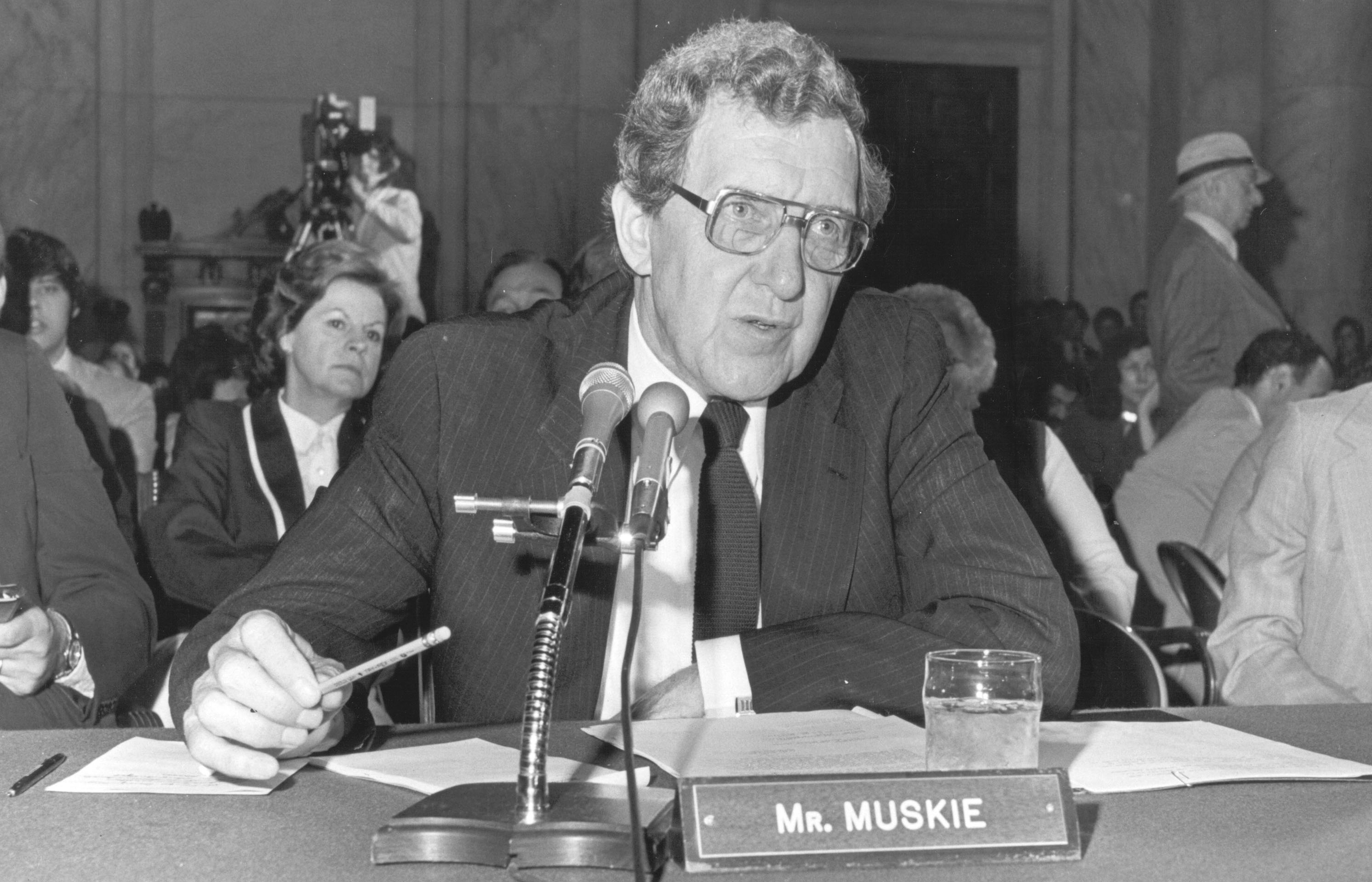
Edmund S. Muskie Oral History Collection
Document Type
Oral History
Loading...
Publication Date
12-11-2002
Interview Number
MOH 384
Abstract
Clinton Blake “Bill” Townsend was born in New York City on August 12, 1927. Bill grew up in New York City and summered in Annisquam, Massachusetts and Thetford, Vermont. He attended St. Bernard's School in New York until the eighth grade, and then Milton Academy in Milton, Massachusetts. He served in the Navy before entering Harvard, where he graduated in 1950. He then attended Harvard Law School, graduating in 1953. He worked briefly in New York and Hartford after graduation. In 1957 he moved to Maine and began practicing law in Skowhegan. Soon after coming to Maine he became involved with environmental protection issues, and was an early member of the Natural Resources Council of Maine. He served as president of the Natural Resources Council from 1965 to 1971. At the time of interview he was still active in the Council and practiced law at the firm of Perkins, Townsend, Shay, and Talbot in Skowhegan, Maine.
Use Restrictions
Copyright Bates College. This transcript is provided for individual Research Purposes Only; for all other uses, including publication, reproduction and quotation beyond fair use, permission must be obtained in writing from: The Edmund S. Muskie Archives and Special Collections Library, Bates College, 70 Campus Avenue, Lewiston, Maine 04240-6018.
Recommended Citation
L'Hommedieu, Andrea, "Townsend, Clinton Blake "Bill" oral history interview" (2002). Edmund S. Muskie Oral History Collection. 387.
https://scarab.bates.edu/muskie_oh/387


Scope and Content Note
Interview includes discussions of: family history; New York City in the 1930s; growing up as a Republican; beginnings of the Natural Resources Council of Maine (NRCM); Bob Patterson; pollution in Maine at the end of the 1950s; early goals of the NRCM; Allagash River issues; criticisms of Muskie; early members of the NRCM; Larry Stuart; Marshall Burk; organizational rifts over Maine Yankee; organizational problems within the NRCM; Muskie's misunderstanding with the NRCM regarding Dickey-Lincoln; George Mitchell's stance on the environment; CBS interview as a Republican in support of Mitchell; Muskie's temper; sugar beets; Freddie Vahlsing; Don Nicoll; reaction to Muskie's national races; Bill Loeb; and the roots of his passion for the environment.